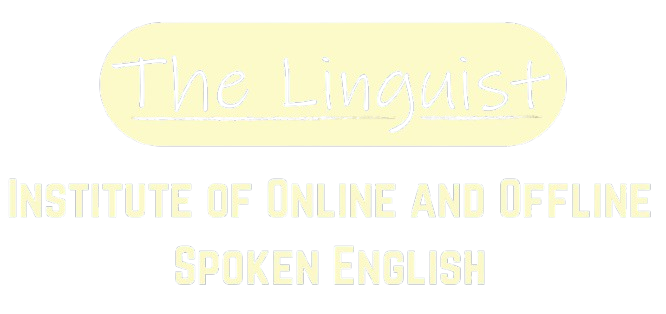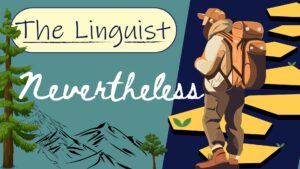
Nevertheless
Sentences with Nevertheless. 1-10: General Statements 1. It was raining; nevertheless, we went outside. – यह बारिश हो रही थी; फिर भी, हम बाहर गए।
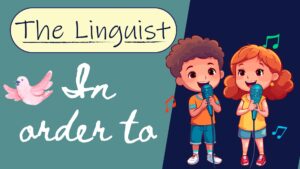
In Order To
Sentences with “In Order To” 1. I study hard in order to pass the exam. – परीक्षा पास करने के लिए मैं मेहनत से पढ़ाई
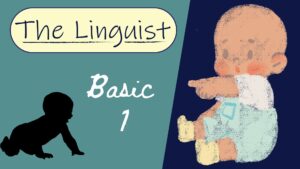
Two words – Basic Sentences 1
Very Basic Sentences (Part 1) Go away – दूर जाओ Come here – यहाँ आओ Sit down – बैठो Stand up – खड़े हो जाओ
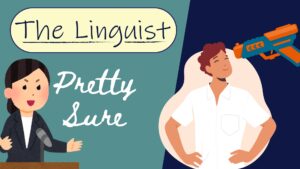
Pretty Sure
Sentences with Pretty Sure. 1. I am pretty sure he will come today. मुझे पूरा यकीन है कि वह आज आएगा। मला पूर्ण यकीन
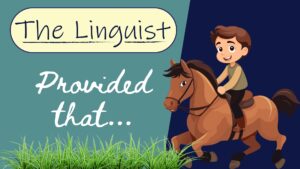
Sentences with Provided That
Sentences with “Provided that” 1. You can go to the party provided that you finish your homework. – तुम पार्टी में जा सकते हो,
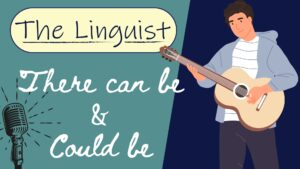
There + can be and could be
There Can Be and There Could Be Sentences with “There can be”: 1. There can be rain tomorrow. – Hindi: कल बारिश हो सकती
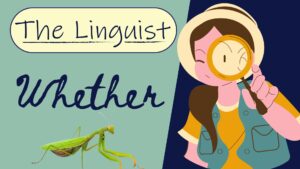
Whether
Sentences with WHETHER. 1-10 1. I do not know whether he will come. मुझे नहीं पता कि वह आएगा या नहीं। मला माहीत नाही
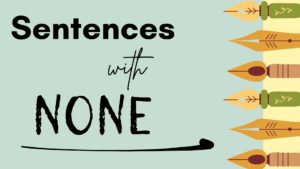
Sentences with “None”
Sentences with “None” 1. None of the apples are fresh. – कोई भी सेब ताज़ा नहीं है। – कोणताही सफरचंद ताजे नाही. 2. None of

In order to
In order to + VERB 1. I study hard in order to pass the exam. Hindi: मैं परीक्षा पास करने के लिए मेहनत से
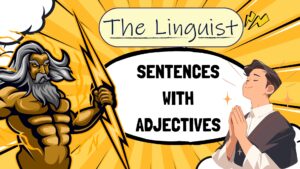
Sentences with Adjectives
Few sentences with Adjectives 1. The enigmatic smile on her face confused everyone. उसके चेहरे की रहस्यमयी मुस्कान ने सभी को उलझा दिया। तिच्या

Despite + ing
Despite + ing 1. Despite being tired, she finished her homework. थकान के बावजूद उसने अपना होमवर्क पूरा किया। थकलेली असूनही तिने आपले गृहपाठ

In spite of
In spite of: 1. In spite of the rain, she went to the market. Hindi: बारिश के बावजूद, वह बाजार गई। Marathi: पावसाच्या बावजूद,
